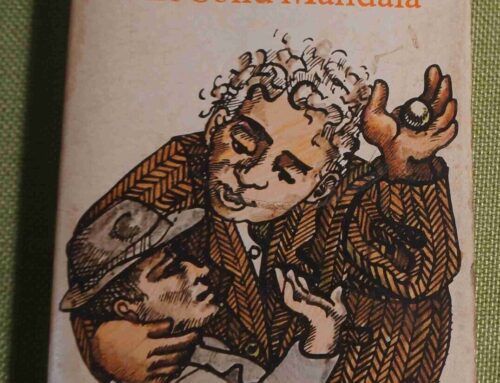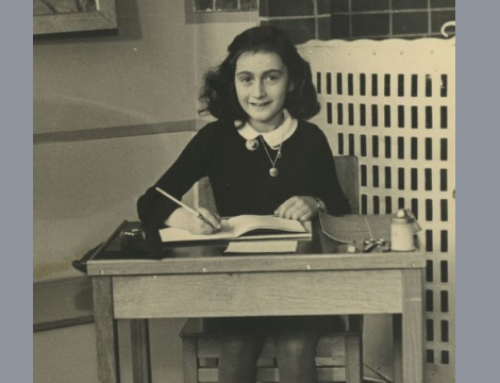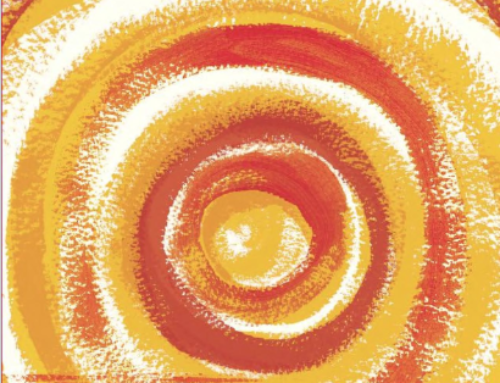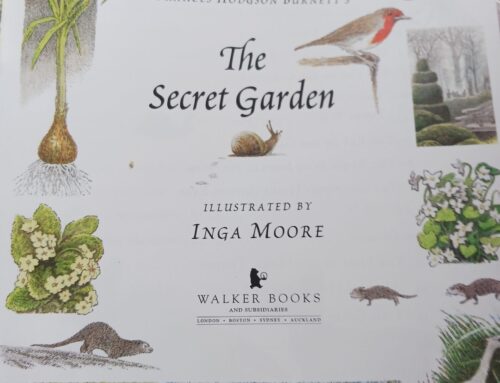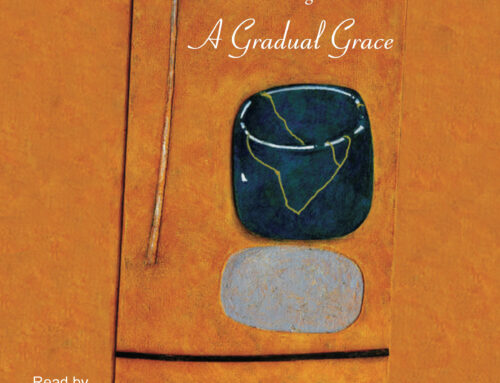I wrote this review on Goodreads this morning, and since it gives a different perspective on the book than my first review does, I’m posting it here. I’ve just started using Goodreads, under my daughter’s persuasion; not sure if I’ll keep it up, but I want to try it. It might encourage me to widen my reading a bit, rather than re-reading classics all the time! Since it assumes knowledge of the story, you might like to read my earlier post, Atonement I first, if you haven’t already.
I read this book when it first hit the news, short-listed for the Booker, in 2001. Then, a few years later, I saw the movie. Both have haunted me ever since, and this is my third reading of the book. I didn’t find it stale, and I found much in it that felt new. It is a complex, many-layered story, and at one level, is meta-fiction, about how and why fiction is written, and about the tension between fiction and reality, truth and imagination. At this level, I find the narrative unsettling, and want to argue with it. Why do we have to know that the whole story is written by the main character, Bryony Tallis, whom we first meet as a discontented, frustrated storyteller who wants to create the real world as she sees it, then as a more realistic, disenchanted young woman, confronting the realities of pain, suffering, loss and damage, as she trains as a nurse during World War II, and finally, as a successful novelist, aged 77 and on the brink of dementia.
In the middle phase, she has an awakening, realising how much damage she did as a young girl, when she insisted on the truth of her biased, ignorant reading of the adult world, and she tries to atone. In the end, the reader sees that writing this novel is her atonement, for in it, she constructs a happy ending for the two characters whose youth and promise and love she has destroyed. Yet, of course, we know that she is a fictional novelist, a persona for Ian McEwan himself, so we are left wondering what, if any, is the final truth of this tale, since Briony has proven herself to be an unreliable narrator.
On another level, that of the story, I have no arguments. I am enchanted by the poetic, understated prose, the way that a simple act opens out; like that of Briony’s elder sister, Cecilia, deciding to fill her vase of freshly picked wildflowers from the the fountain, where she encounters Robbie, son of the family’s cleaning lady, her lover-to-be, at this stage unrevealed to her, for they are both trapped by their childhood habit of relating, and the class barriers. A tussle develops between them over the vase (an heirloom) and a piece of its lip breaks and falls to the bottom of the water.
Cecilia and Robbie froze in the attitude of their struggle. Their eyes met, and what she saw in the bilious melange of green and orange was not shock, or guilt, but a form of challenge, or even triumph.
From here, their challenge to each other unfolds. And as another chapter reveals, Briony witnesses this scene from an upstairs window, and it sows the seed of her jealous misunderstanding and betrayal of them.
I can’t think of another writer so skilled at sustaining the pace of the narrative whilst opening up microcosms of desire, of discontent, of misinterpretation, of suffering and loss, all embodied in sensual detail and the minutiae of gestures, thoughts and actions.
